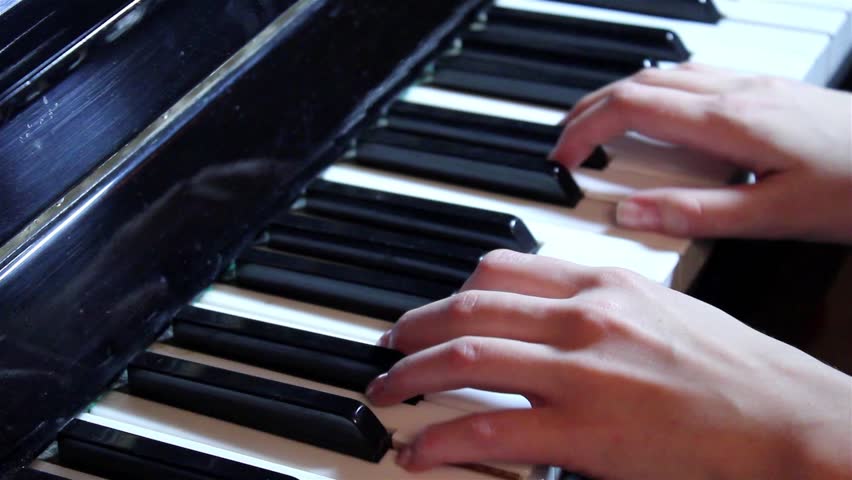When you’re honing your skillset you start with an introductory level of expertise, but something amazing happens when you practice your craft regularly. After time (less time with individuals predisposed to a particular skillset that resonates with their innate skills) the practitioner achieves a level of mastery, referred to as unconscious competence.
Unconscious competence represents a level of proficiency that has you skillfully performing your particular skill expertly without even thinking about the process, procedure or circumstance at hand.
An example would be driving an automobile. Remember when driving a car was complicated at first? What with keeping track of speed, all the other drivers on the road, directions, maintaining a safe distance between the vehicle ahead, looking forward at upcoming intersections to be prepared for what lays ahead, signaling well before turning, being careful not to step too heavily on the break, etc.
It took all your attention to just safely get from point A to point B in those early days, and look at you now: You can safely drive while you carry on an animated conversation with a passenger, singing with the radio blaring, talking on the phone, eating lunch, putting on your makeup, checking your map or email.
Multitasking is child’s play when one of the skills performed includes the proficiency of unconscious competency.
You have reached the level of unconscious competence in driving. With practice, you could achieve this level of performing a skill without thinking, as if it were second nature while playing a particular sport, keyboarding, playing a musical instrument, or any set of manual dexterity tasks moves from having to think about it to basic muscle memory and becomes as easy as tying your shoes.
The most effective therapists, coaches, counselors, consultants and other professionals utilize the learned skills of active listening and communication skills often enough that patients or clients perceive these skills as innate gifts and talents, as if they were born with it, even though they obtained the skills through education and practice.
How long it takes you to achieve this level of expertise depends on a combination of your innate skills, natural abilities and how much you enjoy performing the skill at hand. It could take anywhere from 500 to 10,000 hours of practice to achieve unconscious competence.
Whatever you do, whether professional, in business, personal or social skills you will find particular skillsets that you will desire to increase your mastery to expertly execute them without having to think about your performance.
One of the best ways to hone your skills while practicing them would be to teach others the same skillset, this helps to keep you on the leading edge. The conundrum rearing its contradictory head is the lessened ability to teach the unconscious skill because you just “do it” naturally now, while the steps and/or details are not comprehended, making it more difficult to explain how it is done to someone else because it has become a part of you and who you are.
Achieving your level of mastery or unconscious competence, takes time to educate yourself and practice the skill enough that the mind compartmentalizes all the functions of the skillset to the unconscious part of the brain. Then your confidence and competence are so naturally attuned that you feel as though you could do it blindfolded.
Mastering a particular set of skills is an important component when setting out to achieve your highest and best.



